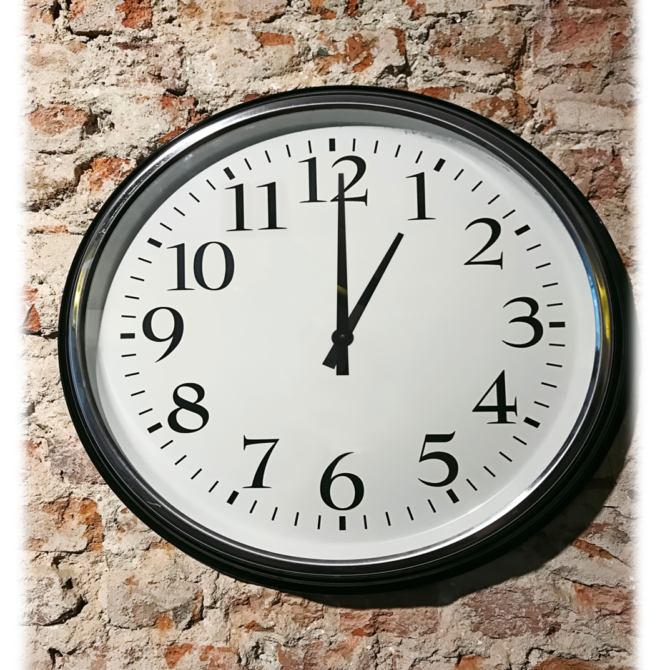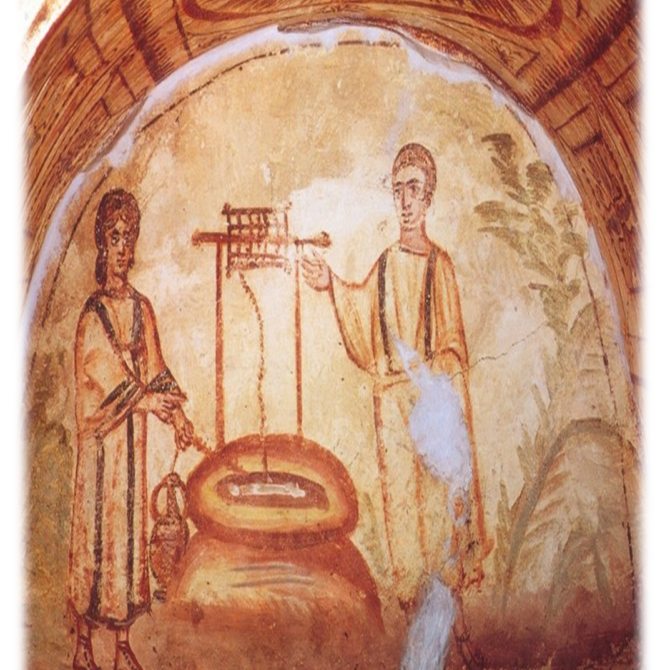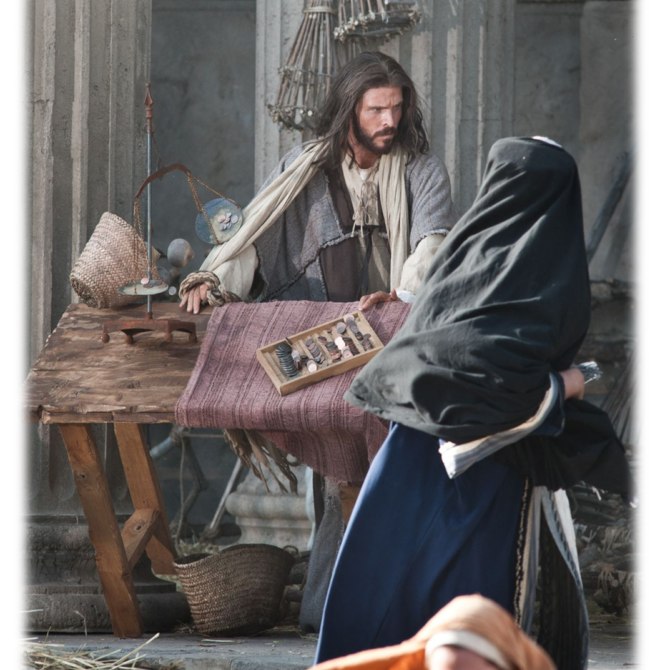March 1, 2026
I was part of an e-mail listserv years ago with a bunch of pastors all over the world. The group on the listserv discussed the weekly lectionary texts, under the direction of a pastor from the United Church of Canada.
February 22, 2026
If you have a mouse in a maze with a reward at the end, and you make it so the mouse receives a shock or some other undesirable stimulus whenever they reach for that reward, the mouse will stop reaching for it. And if, later, the shock is removed, the mouse still won’t reach for the reward.
February 15, 2026
In this text, we’re back in Cana.
Most scholars see the first twelve books of the Fourth Gospel as the “Book of Signs,” in which Jesus does things that cause others to know who he is and believe in him. And within that “Book of Signs,” according to some scholars, there is a discrete section from the beginning of chapter 2 through the end of chapter 4, bookended by the first and second of the seven signs taking place at Cana.
February 8, 2026
My folks used to watch those People’s Court-style judge shows every afternoon. You know what I’m talking about; I think Judge Wapner on The People’s Court was the first one, but he certainly wasn’t the last. A lot of the cases that are dealt with on those shows are pretty minor in the scheme of things, but they’ve managed to break friendships, sometimes even sparked family feuds, when someone has damaged property or taken something that another person thinks belongs to them, or whatever.
February 1, 2026
The weather outside sure doesn’t look like it, but spring is coming.
For a lot of us, with spring comes spring cleaning. All winter long we do everything we can to keep the house as fresh and clean as possible when it’s closed up and everybody’s cooped up inside, and if we go outside when the weather’s bad we track in mud, snow, road salt, and you name it when we come back inside.
January 18, 2026
If you were going to do something that demonstrates how spectacular you are, how talented, maybe even how tuned in you are to God, where would you do it? Wouldn’t you want to do it in front of lots of people, maybe at a special event? You wouldn’t do it in a back room where literally nobody knows about it other than some servants and a few of your friends, would you?
January 11, 2026
Quite by accident, Dr. Lily Penleric made an incredible discovery.
Having been turned down for tenure at the college where she was an associate professor of music, specializing in the folk ballads of the British Isles, Lily went to spend some time with her sister Elna, who was a teacher at a settlement school in the hills of Appalachia.
January 4, 2026
One of the things I like best about the Narrative Lectionary, although I do have some criticisms, is that it’s on a four-year cycle instead of a three-year cycle like the Revised Common Lectionary and the ones specific to particular traditions, like the Catholic and Lutheran churches.
August 17, 2025
Whenever there’s a discussion about moral issues in church, somebody inevitably says, “Well, the Bible says we’re to hate the sin, but love the sinner.” But does it? And can it even be done?
If you Google the phrase, you will find a variety of opinions on the subject. People will bring up Bible passages that they interpret as saying that we are indeed called to hate the sin, but love the sinner. But others look at those same passages and insist they say no such thing. So what are we to believe?
August 10, 2025
Before my time in Sac City, so I was told, there was an elderly man in the church whose name was Homer. Homer had what nowadays we’d probably call an anxiety disorder.
Every time some pastor would preach on today’s Scripture, Homer would get himself all in a swivet. And he’d go to the pastor and say, “Jesus says not to worry, but I can’t stop worrying. Am I going to go to hell because I can’t stop worrying?”
August 3, 2025
Years ago a teacher of mine told a story about another teacher, probably a college professor, who gave a final exam to his students. After the usual set of multiple-choice questions, there was a final item, an essay question. It was one word at the top of the page: “Why?”
July 27, 2025
Once upon a time, there was a king. Like most kings, he was wealthy—but also like a lot of kings, he wanted to be more wealthy. So he asked the gods to give him a gift. This was King Midas, and we all know what gift he asked for: the ability to turn everything he touched into gold. (Be careful what you ask for—you might get it!)
Midas received this gift, but the gods knew more than he did about what it would mean.








